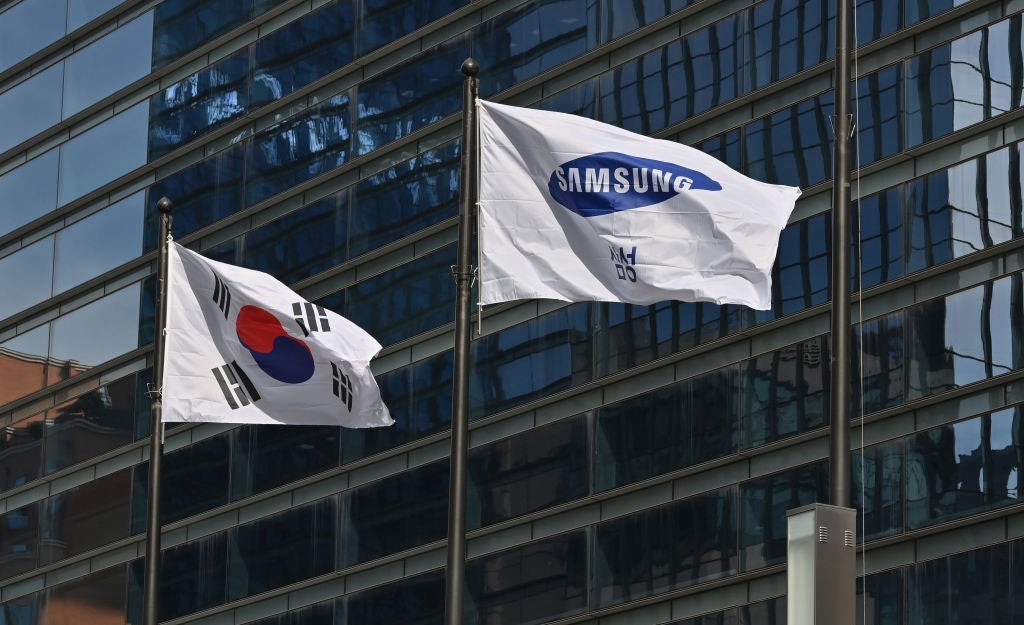

Foreign direct investment (FDI) to South Korea has fallen for three years consecutively, reaching $10.5bn in 2019, according to data from the UN Conference on Trade and Development (UNCTAD).
“FDI to South Korea dropped by 13% in 2019 [year on year], attributed to trade tensions with Japan and the end of tax breaks for foreign investors in 2018,” says UNCTAD’s 2020 World Investment Report.

Access deeper industry intelligence
Experience unmatched clarity with a single platform that combines unique data, AI, and human expertise.
In summary, the prospects for South Korea in 2020 are bleak, and the Covid-19 pandemic only offers partial explanation for that. Indeed, the country’s economy contracted 1.4% in the first quarter of the year. The exacerbate these issues, FDI to developing economies in Asia (including South Korea) is projected to decline by up to 45% in 2020, according to the UNCTAD report.
South Korea’s shrinking FDI pot
For the first quarter of 2020, realised FDI reported by the South Korean government declined by 18% to $2.4bn, with manufacturing FDI shrinking by 52% to $431m compared with the previous year, according to UNCTAD.
More specifically, in the first half of the year, FDI flows plummeted from $985m in March to -$105m in May, according to the Bank of Korea. However, inflows rebounded strongly in June, hitting $666m.
Nonetheless, the decline in FDI is likely to persist in 2020 as the Covid-19 pandemic continues to affect the earnings and investment capacity of companies in the US and Europe, the two major sources of investment to South Korea, according to UNCTAD.

US Tariffs are shifting - will you react or anticipate?
Don’t let policy changes catch you off guard. Stay proactive with real-time data and expert analysis.
By GlobalDataPandemic aside, South Korea remains a world-class target for FDI in terms of fundamentals. While the country is not one of developing Asia’s very top targets for FDI, it has seen consistently strong inflows since 2000, welcoming an average of about $10bn annually over the past two decades, UNCTAD’s data shows. Meanwhile, FDI stocks increased to $238bn in 2019, up from $135bn in 2010.
FDI to South Korea has mainly been oriented towards finance and insurance, trade, manufacturing, real estate, ICT, mining and quarrying, and transportation – in that order – according to OECD statistics for 2017. That year, the leading sources of investment to South Korea were the US, the Cayman Islands, Hong Kong, China and Vietnam, in that order.
South Korea’s appeal in terms of FDI is a result of the country’s rapid economic development and its specialisations in new information and communication technologies, according to Santander Trade, a leading provider of international market information.
The country also boasts a very business friendly environment for FDI, ranking fifth out of 190 countries in terms of its business climate, according to the World Bank’s Doing Business 2020 ranking.






